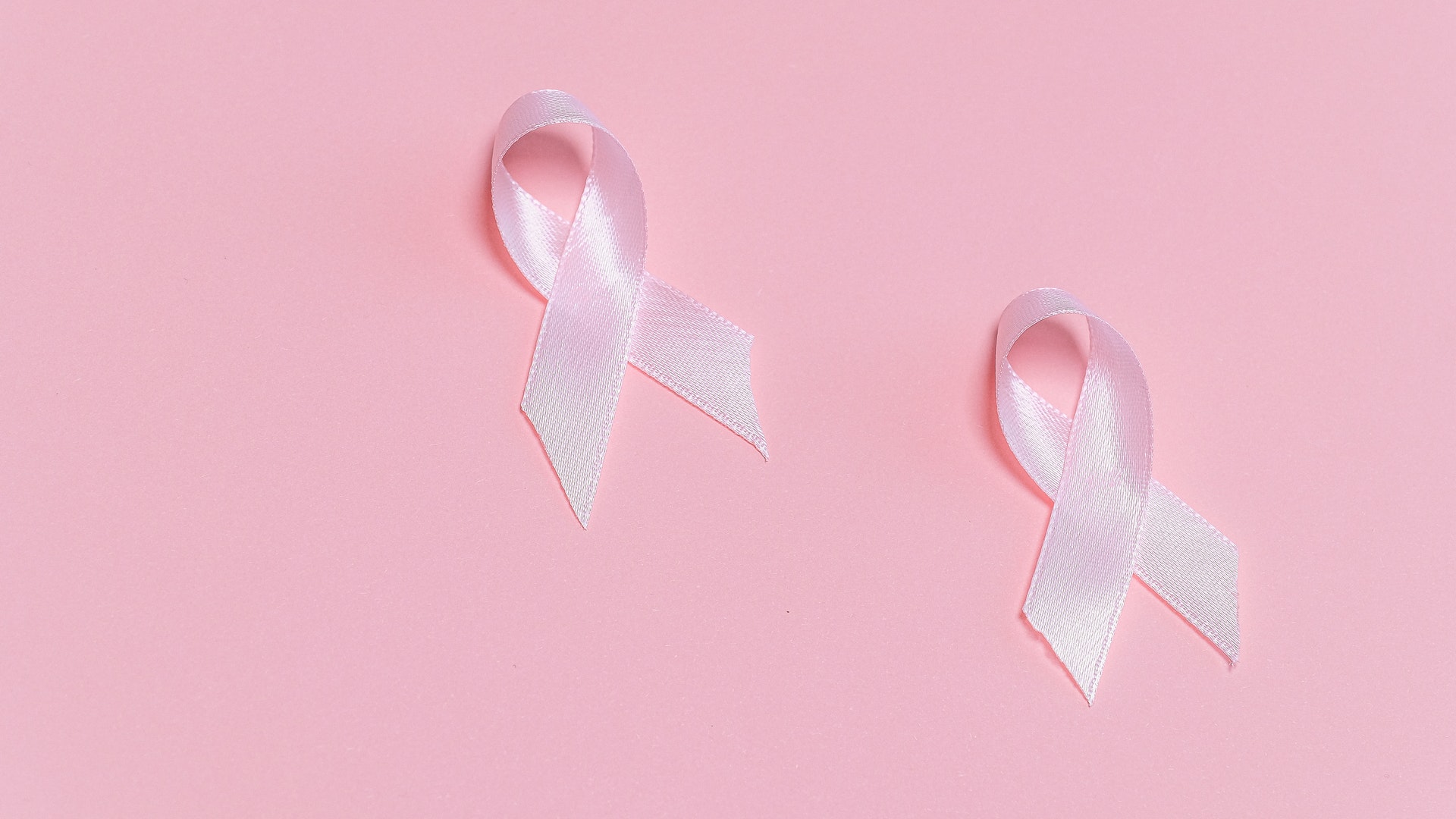Best practices in cancer care
When best practises are in place, the whole cancer care setting allows the patient and their family to receive whole healing without traveling between clinics, pharmacies, and doctors’ offices.

When best practises are in place, the whole cancer care setting allows the patient and their family to receive whole healing without traveling between clinics, pharmacies, and doctors’ offices.
Eva Nyandiko was a happy girl who grew up in a staunch Christian family. Her father was a senior church official and the family observed a strict healthy lifestyle. She started developing health complications after giving birth to two children.
A diagnosis by doctors revealed that she suffered from chest problems and she was put under appropriate medication. Despite all these attempts to reverse the condition, Nyandiko did not get better. It was later discovered that she was suffering from cancer of the lungs.
Statistics show that lung cancer is the leading cause of cancer deaths in men and women worldwide. According to medicinenet.com, there are two types of lung cancer – small cell lung cancers (SCLC) and non-small cell lung cancers (NSCLC). Both grow and spread differently.
It has been established that the general prognosis of lung cancer is poor because doctors tend not to find the disease until it is at an advanced stage. Lack of expertise and equipment to detect and treat cancer at its early stages is one of the greatest causes of cancer deaths in developing countries.
Too little, too late
According to the World Health Organisation, many cancers have a high chance of cure if detected early and treated adequately. In the absence of any early detection or screening and treatment intervention, patients are diagnosed at very late stages when curative treatment is no longer an option. This is the typical scenario in most developing countries and Kenya falls in the category of countries where cancer is mostly detected at late stages, sometimes during postmortem examinations. Statistics in the Kenya Cancer Registry indicate that four in five cases of cancer are diagnosed in the late stages of the disease.
The move by Parliament to enact legislation to compel authorities to ensure cancer treatment is part of primary healthcare is great. The Cancer Prevention and Control (Amendment) Bill, 2016 also seeks the promotion of e-health and telemedicine in the prevention and treatment of cancer. Some of the elements of primary healthcare, according to experts, are education, prevention, treatment and drug availability.
While the move is welcome, there are mixed reactions as to its practicality, considering deficiencies in Kenya’s human resources capacity and proper cancer diagnostic equipment.
According to Belén Garijo, Member of the Executive Board of Merck and CEO Healthcare, the lack of financial resources is never the only challenge in Africa. The scarcity of trained healthcare personnel capable of tackling prevention, early diagnosis and management of cancer is a bigger challenge.
“We only have 15 oncologists in Kenya. Cancer Bill won’t work without a functional healthcare system,” said Eddy Zomo on Twitter, reacting to the news about the Cancer Prevention and Control (Amendment) Bill, 2016. On the same breath, Sam Kariuki also noted that while it is a welcome move, some critical steps on prevention, treatment and care of cancer patients cannot be overlooked.
Putting up a cancer centre
There are developed countries that have taken huge strides in prevention, early detection and treatment of cancer. Some of these nations have set up centres to exclusively tackle cancer. In the wake of this great initiative, the Government should study some of the best practices and borrow a leaf as it prepares to ease the cancer burden in Kenya.
I have developed some guidelines partly borrowed from Palo Verde Cancer Specialists in Las Vegas.
Patient care
When someone is diagnosed with cancer, stress sets in and there is fear of the unknown. The whole family is plunged into fear of the unknown, and that becomes the patient’s pre-occupation. Therefore, when cancer patients walk in to hospital, they need more that just treatment. Comfort and understanding are key.

Needed services
Cancer patients require a number of services. It all begins with the ability by the physician to diagnose the condition. Once its known, the patient will require treatment, social support and emotional support. This whole care setting allows the patient and their family to receive whole healing without traveling between clinics, pharmacies, and doctors’ offices. As spiritual and emotional needs are met, the physical treatment of cancer can be more successful.
Qualified specialists
One of the key concerns raised by majority of Kenyans affected by cancer either directly or indirectly is lack of expertise to detect cancer early. Therefore, one of the key requirements for success in cancer treatment is having experienced specialists with specific training in different types of cancer.
Ongoing research
One of the primary values that indicates excellent cancer center is on-going research in the field of cancer treatment. According to the National Cancer Institute, making sustained progress against cancer requires advances across the research continuum.
Financial security
The financial security of the center represents the guarantee that the center and the professionals will still be there if patients need to return for services. The patients and the quality of care will suffer if the center doesn’t have a stable financial situation.
Top quality technology
The investment in top quality technology is another important practice. Access to the best equipment for running a PET scan and conduct blood work is vital.
Dedicated staff
Many professionals in the developed decide to work with cancer patients because they have some connection with cancer in their own histories. Most staff at cancer treatment centers are there because they hope to provide excellent care for their patients. They hope to improve the lives of the cancer patient and their families.
